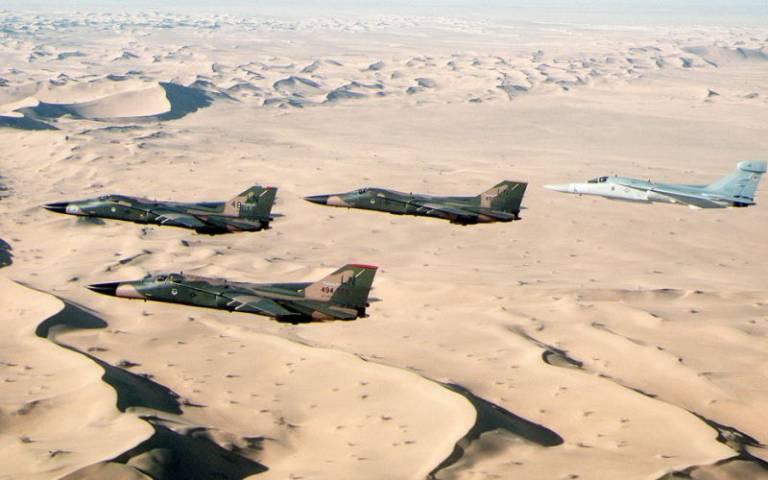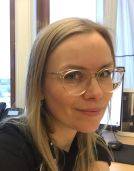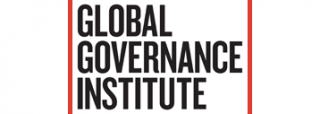Cheater's Dilemma: Disarming Iraq after the Gulf War
13 November 2018, 6:15 pm–7:30 pm

Iraq started dismantling its WMD programmes in 1991. So why did the regime continue to act as if it had something to hide? Join us on 13 November for this keynote lecture with Dr Målfrid Braut-Hegghammer.
This event is free.
Event Information
Open to
- All
Availability
- Yes
Cost
- Free
Organiser
-
Global Governance Institute
Location
-
Archaeology G6 Lecture Theatre31-34 Gordon SquareLondonWC1H 0PY
In March 2003 the United States led a coalition to topple Saddam Hussein's regime believing Iraq had Weapons of Mass Destruction (WMD). We now know that the regime secretly destroyed their WMD in the summer of 1991 and disbanded these programs shortly thereafter. Surprisingly, Iraqi officials acted as if they had something to hide after the regime destroyed these weapons. Why did the Iraqi regime behave in such an incriminating manner at the risk of their own survival? This lecture examines new primary sources to explain Iraqi signals and behavior between 1991 and 2003.
About the Speaker
Målfrid Braut-Hegghammer

 Close
Close


